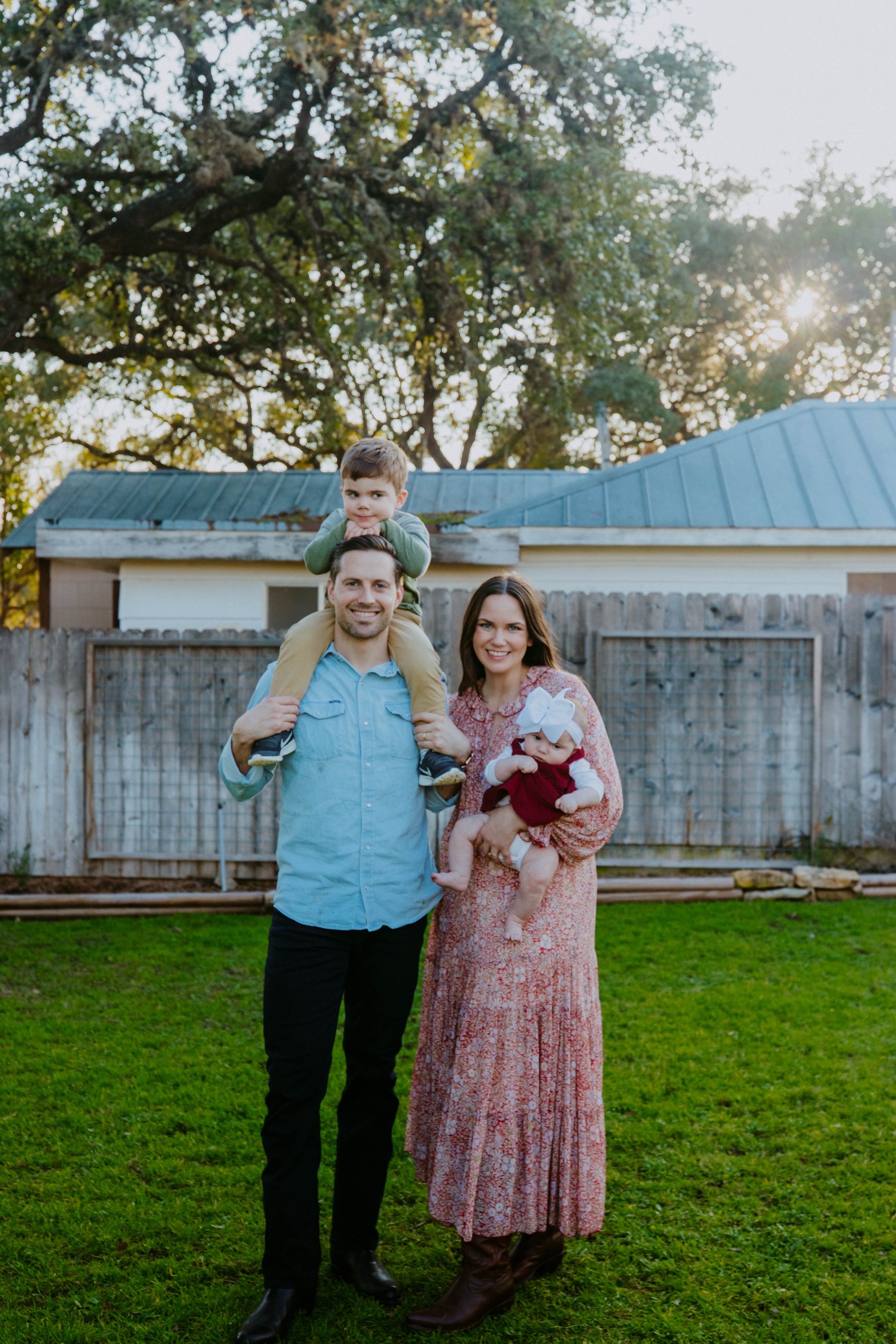Growth Mindset Series
- Ashley Daugherty
- Oct 20, 2020
- 2 min read

Learning about some growth mindset for our Tip Tuesday as we finish out the month of October. How is October almost over!? There was a lot of inspiration behind choosing this topic. As I reflected on the month of October, I realized that all of the “awareness” topics that were (and are still being) spoken and read about, all have one thing in common. You have to have a growth mindset. Staying positive is the only way we can overcome these obstacles. (I know… it’s easier said, than done.)
Let’s reflect: In the month of October, we see awareness posts on Dyslexia, Pregnancy and Infant Loss, Mental Health, & We can’t forget about, Breast Cancer (Don’t think I haven’t forgotten! I can’t wait to share more on this special topic later), World Teachers Day (Lord knows they are struggling this year!)
All of these topics ensure grave challenges. It’s easy to be condemned to the negativity that surrounds them. Being positive is never easy. I think that’s why so many of us have been guilty of rolling our eyes at that “just-too-cheery” individual. I sure have. That’s because we know that what they are doing is hard. and sometimes we don’t want to put in the effort.
But I have good news. I’ve said it before. We each have the ability to change our brains. And if we embark on this journey with God? Well then you just got yourself a constant cheerleader. However, I want to focus on some research first, which give you the terms and tools to learn so that you can:
Check yourself… Are you showing a growth mindset during hard times?
Teach your children how to have a growth mindset.

The Terms:
Fixed Mindset: Assumes that intelligence and other qualities, abilities, and talents are fixed traits that cannot be significantly developed.
Growth Mindset: Assumes that intelligence and other qualities, abilities, and talents can be developed with effort, learning, and dedication.
(Brock & Hundley, 2016).
Those with a growth mindset believe that they can improve certain qualities over time with effort and patience. It is a willingness to learn that sets the individual with a growth mindset apart. They do not see failures as failures… or disappointments and shame, but they see them as an opportunity for growth and improvement.

The author of Mindset, Carol Dweck, has studied individuals with growth versus fixed mindsets for years. Based on her research and observations, she has found that “without a doubt, people operating in the growth mindset experience different, arguably better, outcomes than those who operate in the fixed mindset. Dweck also identified the key areas where the actions of people split into the fixed and growth mindset categories. 1) Challenges, 2) Obstacles 3) Effort 4) Criticism 5) Success of others. (See the graphic above)
It starts with a small action. When you hear that voice in your head saying “I can’t do this,” Change your words. “I CAN do this.” When your child comes home crying with a failing report card and says “I’m just not good at this.” Change their words. “Let’s find a different strategy that can help you.”
Learn, Grow, Share.
Ashley




Comments